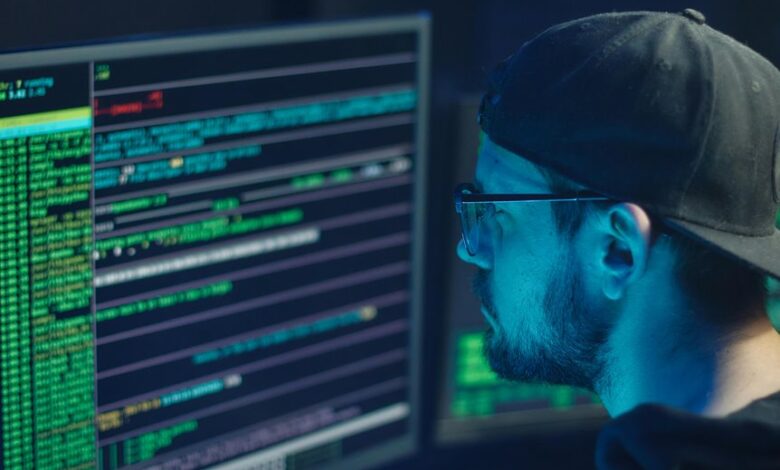Network Risk and Privacy Hotel: 7167454490, 8083194040, 2722304065, 6156758136, 4694479430, 6072536374

While hotels offer convenience and comfort, they also harbor significant network risks that can compromise your privacy. Inadequate security measures can expose sensitive guest information, making it a prime target for malicious actors. As you navigate your next hotel stay, consider how easily personal data can be intercepted. What steps can hotels take to enhance their security, and how can you protect your information amidst these vulnerabilities?
Understanding Network Vulnerabilities in Hotels
While you may enjoy the convenience of hotel Wi-Fi, it’s essential to recognize the underlying network vulnerabilities that can jeopardize your privacy.
Inadequate network encryption and weak guest authentication protocols create opportunities for unauthorized access. Malicious actors can intercept data, compromising personal information.
Understanding these risks empowers you to take necessary precautions, ensuring your digital freedom while staying connected.
Real-World Examples of Data Breaches
Numerous high-profile data breaches in the hospitality industry illustrate the severe consequences of network vulnerabilities.
You’ve seen targeted attacks that exploit weak security protocols, compromising sensitive information.
Insider threats also play a critical role, as employees may inadvertently or maliciously expose data.
These incidents highlight the urgent need for robust security measures to protect against both external intrusions and internal mishaps.
Consequences of Compromised Guest Information
When guest information is compromised, the fallout can be devastating for hotels, impacting both their reputation and financial stability.
Identity theft can lead to severe legal repercussions, while financial fraud erodes trust. Guests may choose alternative accommodations, resulting in lost revenue.
Furthermore, the costs associated with breach management and potential lawsuits can cripple a hotel’s financial resources, hindering its recovery efforts.
Best Practices for Enhancing Network Security and Privacy
To effectively enhance network security and privacy, hotels must adopt a multifaceted approach that encompasses both technological solutions and staff training.
Implementing regular security audits ensures vulnerabilities are identified and addressed promptly.
Additionally, prioritizing guest education about safe online practices empowers them to protect their own information.
Together, these efforts create a robust security framework that safeguards both guests and hotel operations.
Conclusion
In a world where you expect your hotel stay to be a sanctuary, it’s ironic that many properties overlook basic network security. You might check in for comfort, but without robust safeguards, you could be exposing your personal data to cybercriminals instead. Prioritizing security isn’t just a technical necessity; it’s essential for maintaining trust. So, while you enjoy the amenities, remember that your privacy shouldn’t be an afterthought—investing in solid security measures is the real luxury.




